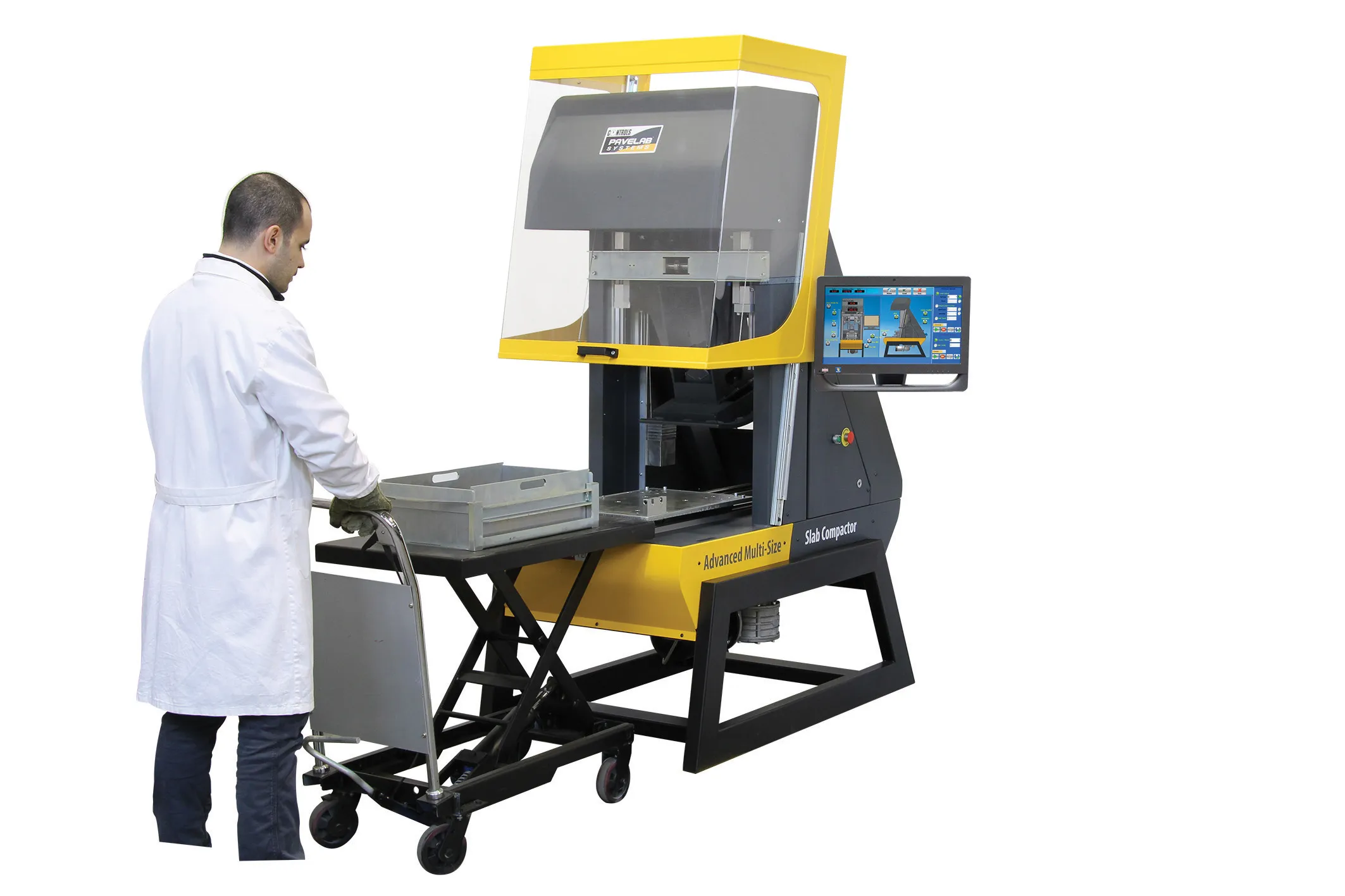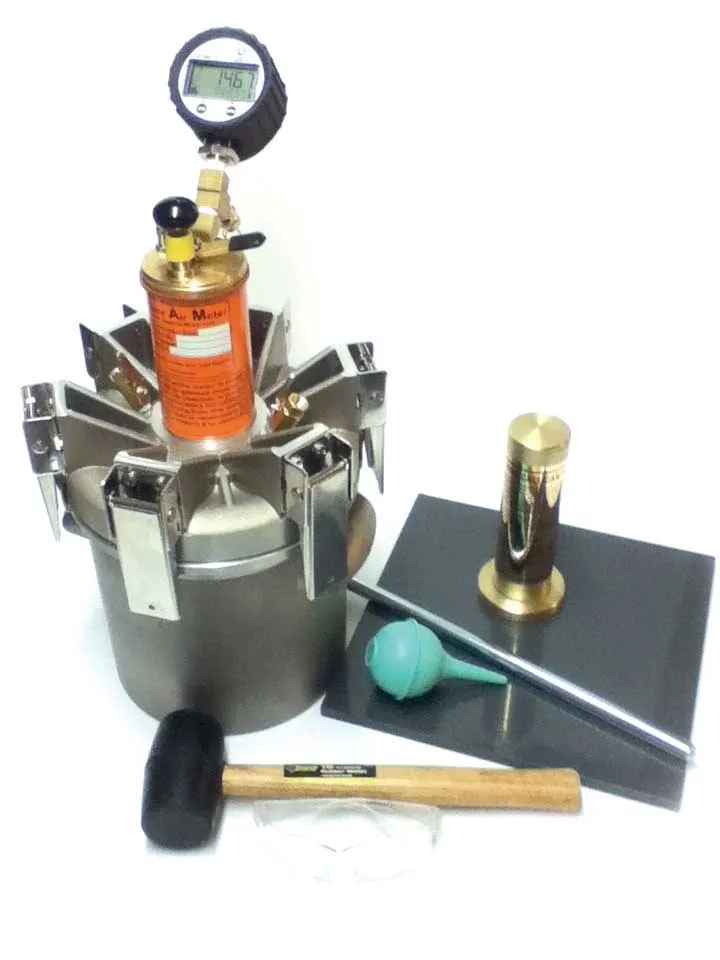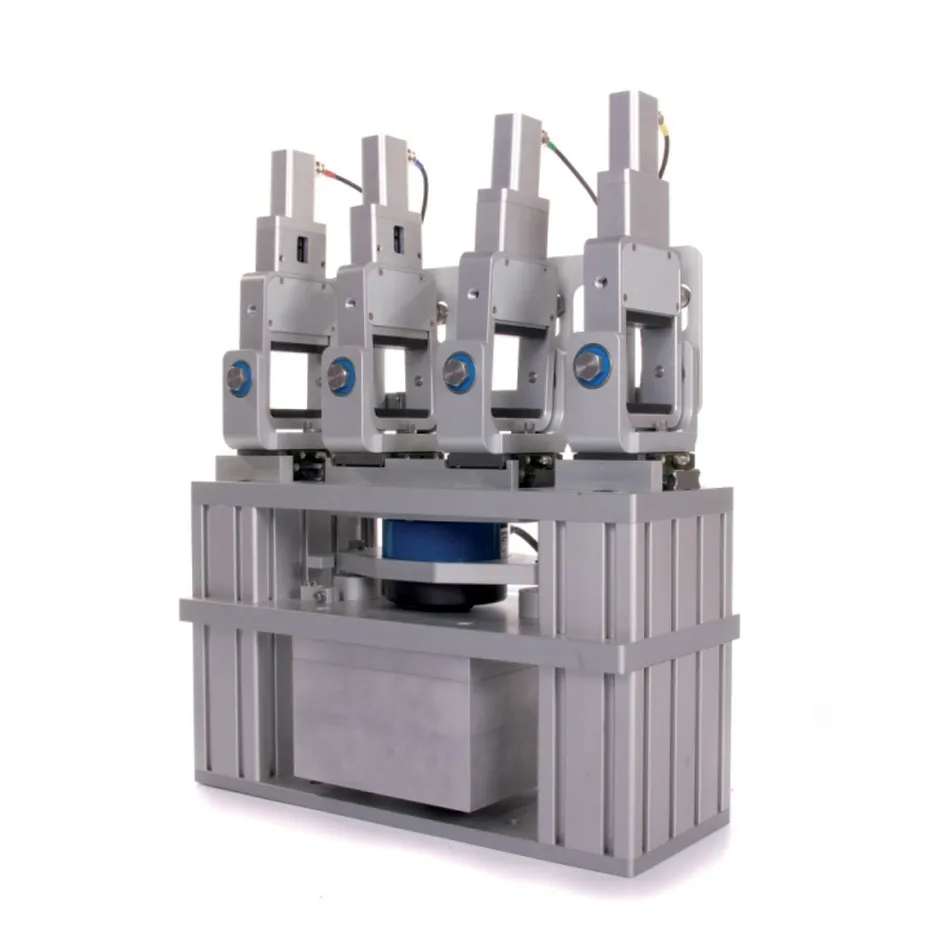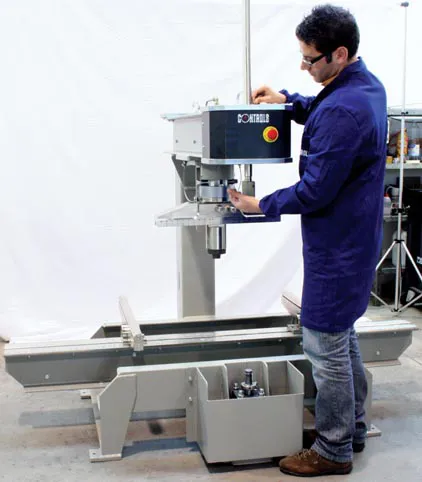IPC Global has launched the EN Standards Tester, a servo-hydraulic testing machine which allows users to carry out all the most popular EN12687 tests for asphalt mixtures on one machine. The EN Standards Tester offers a cost-effective alternative to Universal Testing Machines (UTMs), said IPC Global’s chief executive officer Kieran McGrane. “This machine has been targeted at a specific number of tests, therefore it is more compact and more economical,” he explained. “UTMs are used mostly by research organis
January 3, 2013
Read time: 3 mins
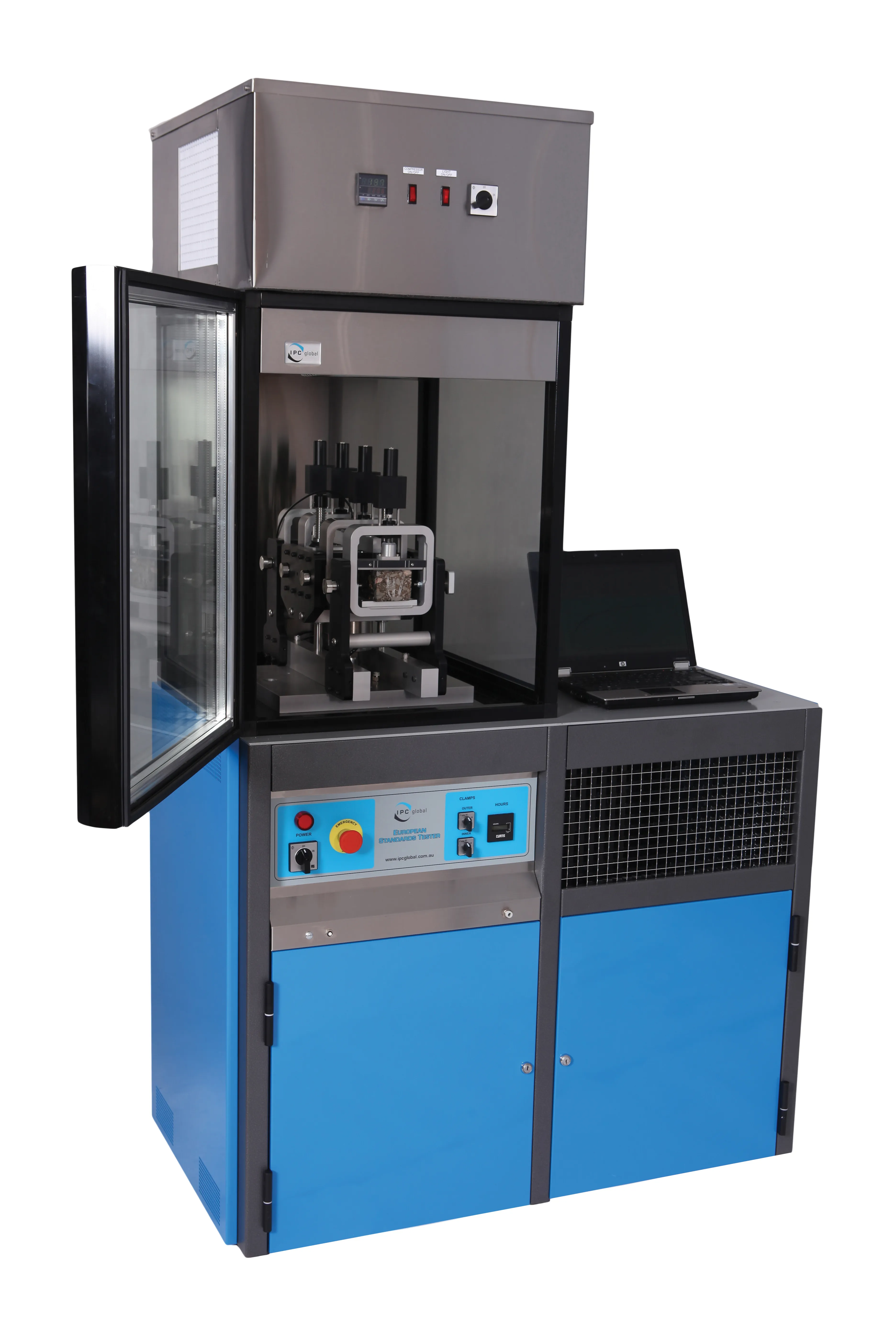
The EN Standards Tester offers a cost-effective alternative to Universal Testing Machines (UTMs), said IPC Global’s chief executive officer Kieran McGrane. “This machine has been targeted at a specific number of tests, therefore it is more compact and more economical,” he explained. “UTMs are used mostly by research organisations whereas the EN Standards Tester is aimed at Departments of Transport, test houses and contractors.”
The development of the EN Standards Tester follows in the footsteps of IPC Global’s AMPT (Asphalt Mixture Performance Tester) which, with its range of add-on testing kits, has made sophisticated tests possible for a wider range of organisations.
The EN Standards Machine is also a modular system. Users can start with kit to perform just one test such as four point bending, adding additional modules as their needs increase.
The system uses a bottom loading servo-hydraulic labyrinth actuator for long life, superior dynamic performance and resistance to side loading, says IPC Global. Its reaction frame is simply adjusted, removed or swung out of the way for easy installation of accessories.
An environmental chamber with double glazed windows on three sides for excellent visibility enables testing at controlled temperatures from 0°-60°C. And an IMACS integrated digital controller with UTS software controls the system and analyses the data.
Modules are available for the following EN12697 tests: Part 24D and 26B Four Point Bend; 24A and 26A Trapezoidal bend; 24E and 26C Indirect Tensile; 25A Cyclic Compression; 25B Triaxial Cyclic Compression; 26D&E Direct Tension-Compression, Complex Modulus; and 44 Crack Propagation.
McGrane also reports increasing interest in IPC Global’s PReSBOX, an asphalt shearbox compactor which produces asphalt beams and cylinders for testing. “Due to the problems associated with specimens produced by gyratory compaction and roller compaction with poor air voids distribution and particle orientation there is currently a lot of interest in the PReSBOX,” he said.
“At a recent ETG [expert taskforce group] meeting in the USA there was much debate about how to create a good quality specimen by coring and trimming a gyratory compacted sample to remove the poor quality top, bottom and sides. However, PReSBOX will consistently and repeatedly produce high quality asphalt prisms with excellent air voids distribution and particle orientation that can be cut and cored to produce consistent high quality specimens.”
IPC Global has recently appointed distributors in Turkey, Chile and Central America and no longer distributes through
“If you are selling to a prime distributor who sells to a local distributor, that is so many steps away from the customer. It’s adding cost at every step, but not necessarily adding value for the customer.”


